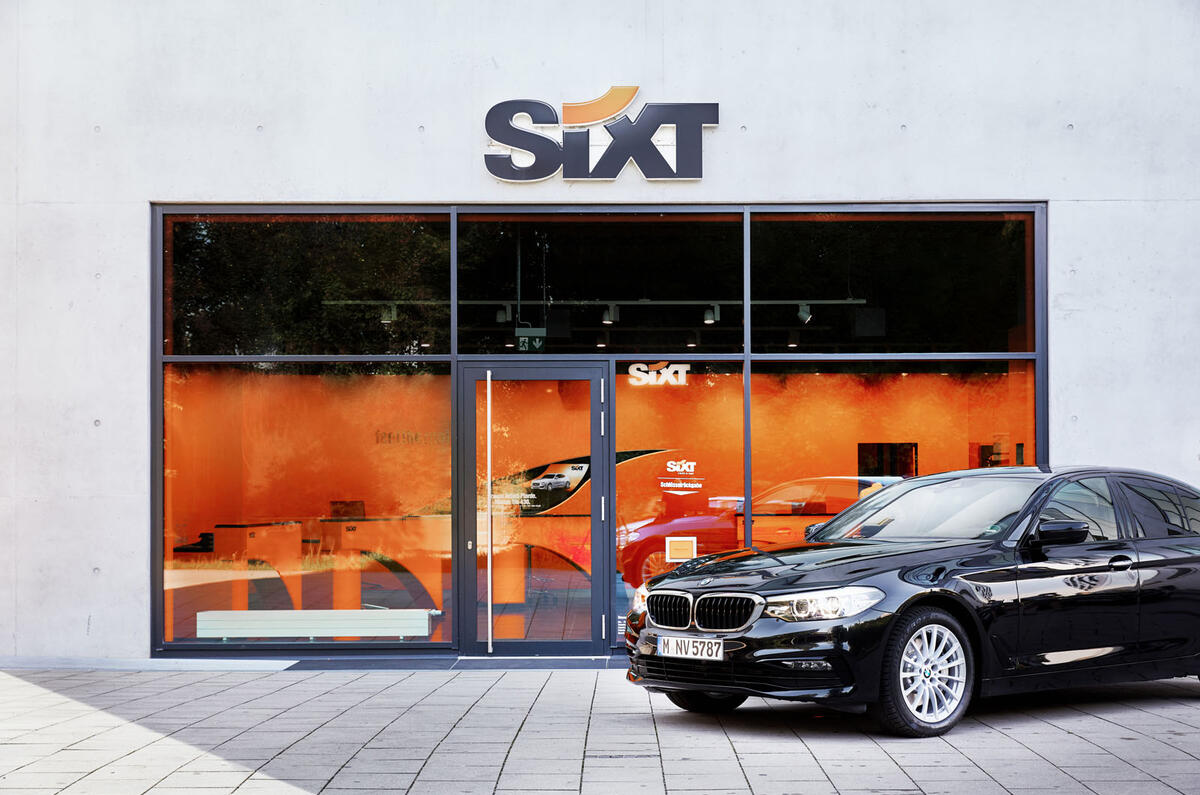In a dramatic change of fortunes, vehicle rental companies, once the darlings of a motor industry desperate to shift metal and boost registrations, are now being shunned by car makers grappling with production shortages and focused on more profitable business.
Until the Covid pandemic struck in 2019, car manufacturers and rental firms had been locked in a self-serving embrace – the former supplying thousands of vehicles to the latter at huge discounts, only for the rental firms to dispose of the cars at auction, often for a profit, just six months later, and in the process distorting the used car market and weakening residual values.











Add your comment